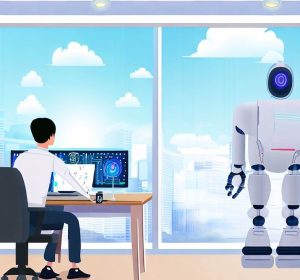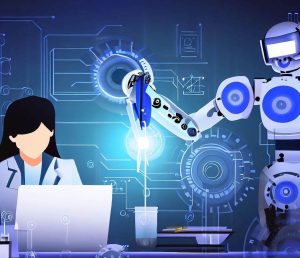Are you hungry for a dynamic STEM career that never stops evolving? Dive headfirst into the role of an AI/Machine Learning Engineer. In this exhilarating field, you’ll tackle an array of AI challenges and dive into myriad machine learning specialties. As an AI/Machine Learning Engineer, you’ll actively design and fine-tune intelligent systems. From crafting neural networks to harnessing the power of massive datasets, you’ll chart your own course. By choosing this path, you position yourself at the cutting edge of artificial intelligence, driving innovations that reshape our world. If you get a thrill from deciphering data patterns and envision yourself spearheading AI advancements, this role is your calling.
Check out our knowledgebase for more information. Are you looking for your dream job in STEM? Look here.






